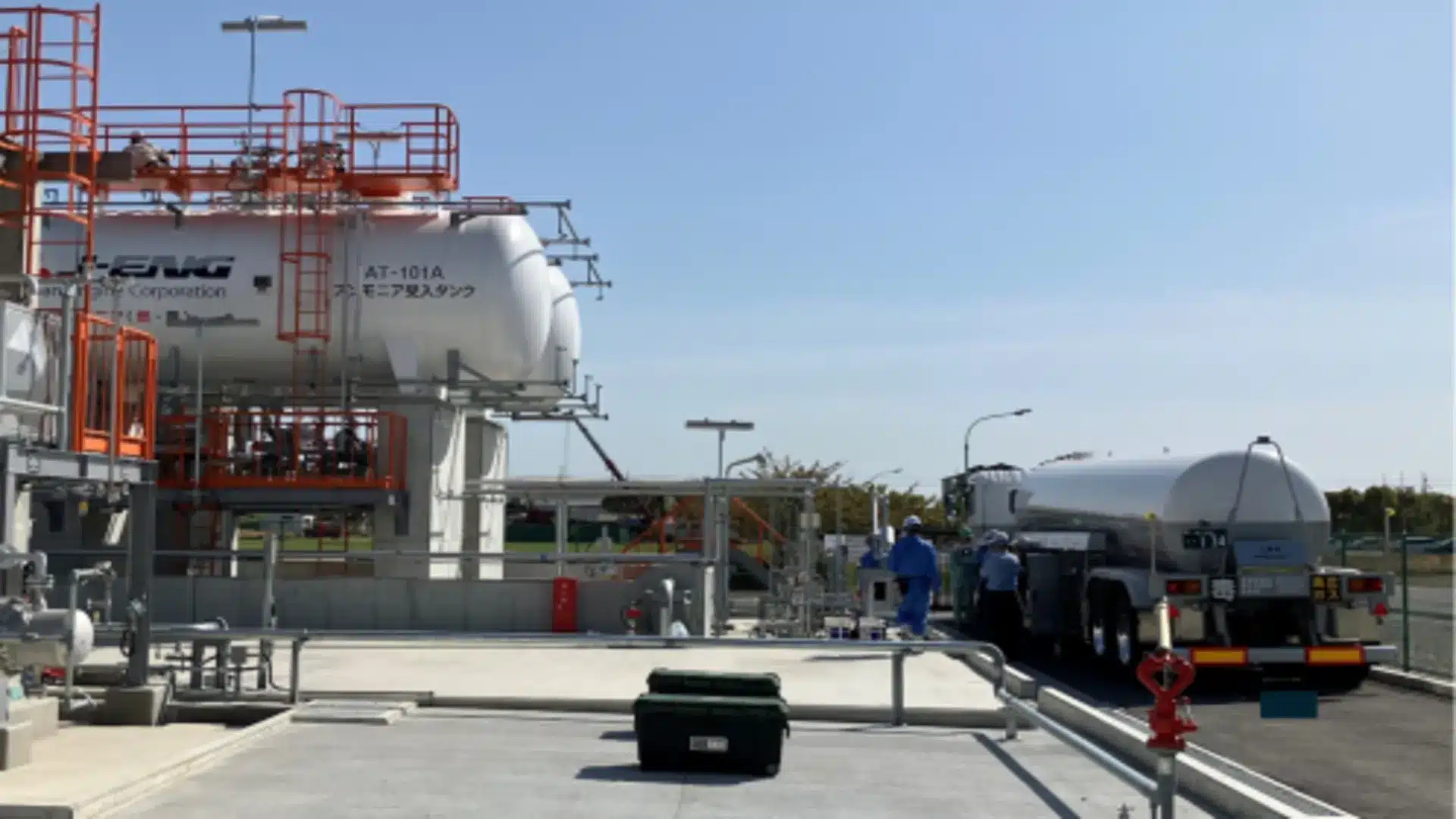Japan unveils world’s first commercial ammonia-powered ship engine
Japan Unveils Groundbreaking Ammonia Engine

Japan Engine Corporation (J-ENG) has made a significant breakthrough in the shipping industry by successfully testing the world’s first full-scale commercial engine powered by ammonia. This innovative engine promises to reduce greenhouse gas emissions by over 90%, marking a pivotal step towards achieving carbon neutrality in maritime transport by 2050. The dual-fuel engine is part of Japan’s Next-Generation Ship Development project, supported by the Green Innovation Fund.
Revolutionary Engine Performance
In a recent press release, J-ENG detailed the impressive environmental performance of its newly developed dual-fuel ammonia engine. During official testing, the engine demonstrated remarkable efficiency, achieving a 95% ammonia co-firing rate at full load. The results were striking when compared to traditional heavy oil engines:
-
- Over 90% reduction in nitrous oxide (N2O) emissions
-
- More than 50% decrease in nitrogen oxide (NOx) emissions
-
- Practically zero unburned ammonia emissions
-
- Equivalent or superior thermal efficiency
This achievement is the culmination of a rigorous development program that included over 1,000 hours of testing on a single-cylinder prototype and an additional 700 hours on the full-scale engine. The engine has received certification from ClassNK following a series of tests conducted in collaboration with major industry players, including Nippon Yusen Kaisya (NYK Line) and Nihon Shipyard Co. Ltd. (NSY).
Future Prospects and Production Plans
The ammonia engine is set to be shipped in October 2025 for installation on a new Ammonia-Fueled Medium Gas Carrier (AFMGC), which is currently under construction. This vessel is expected to enter commercial service by 2026, marking a historic milestone as the first full-scale ammonia engine in operation. To meet the anticipated demand for this innovative technology, J-ENG is also planning to build a new factory dedicated to expanding production capabilities, with operations expected to commence in 2028.
This development not only highlights Japan’s commitment to reducing carbon emissions in the shipping sector but also positions J-ENG as a leader in the transition towards sustainable maritime solutions. As the world increasingly focuses on environmental responsibility, this ammonia engine could play a crucial role in reshaping the future of shipping.
